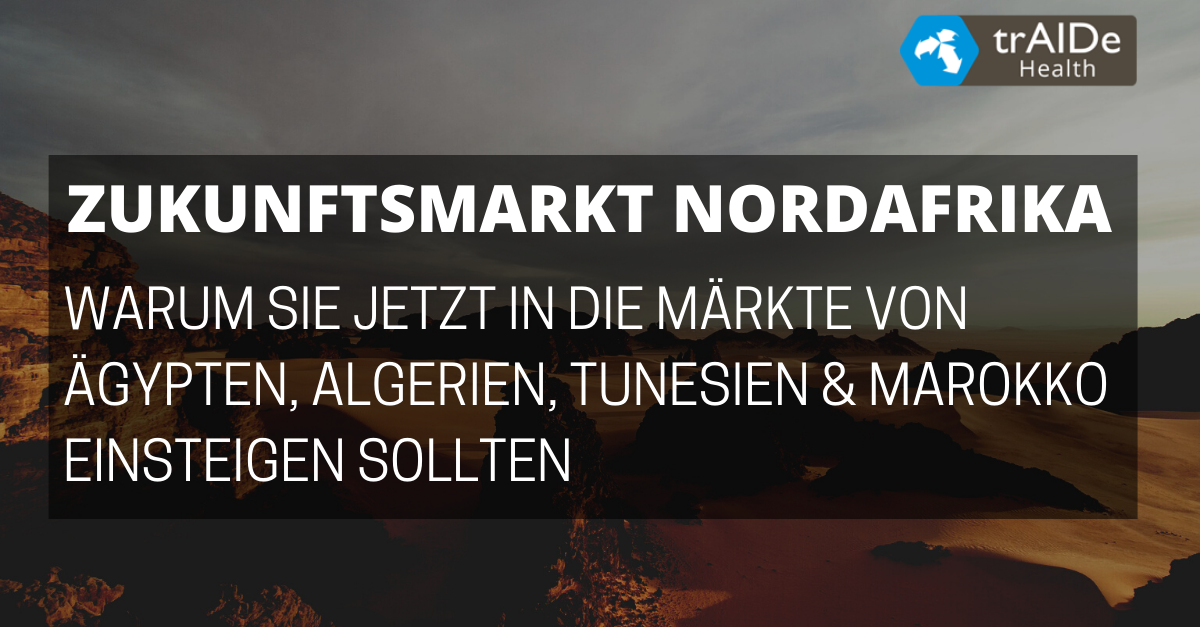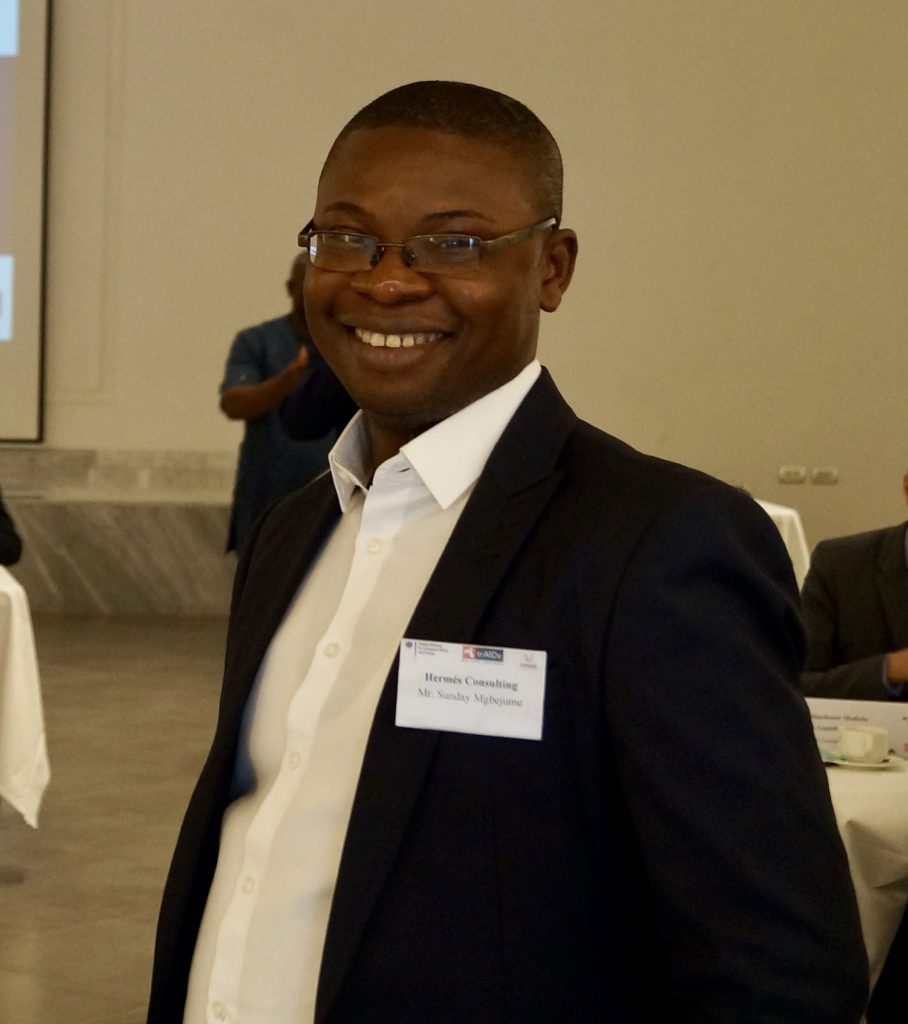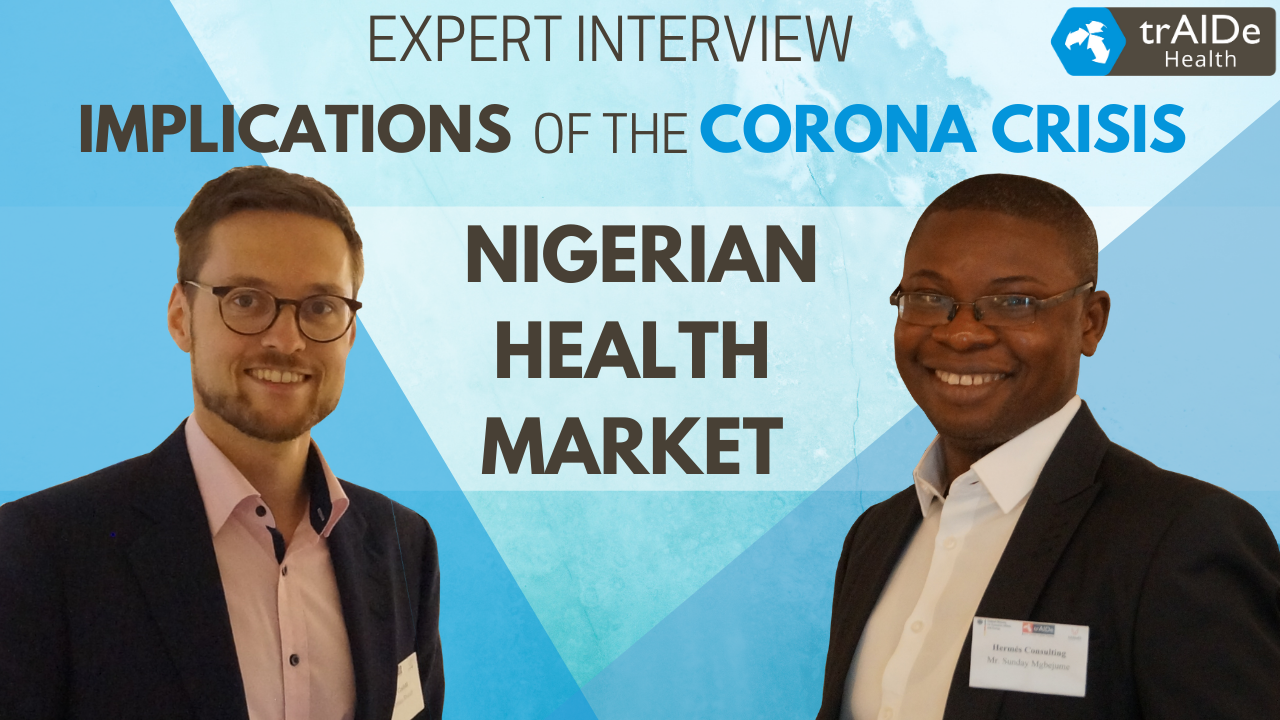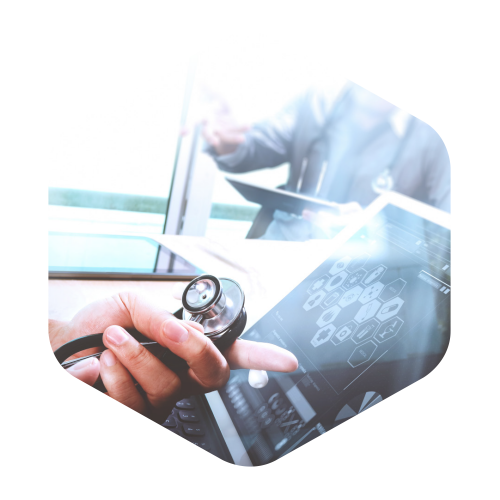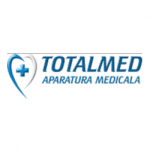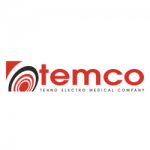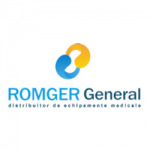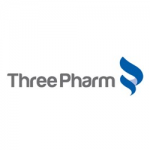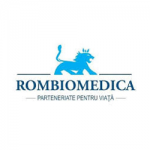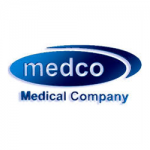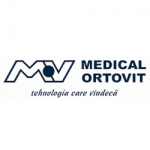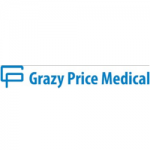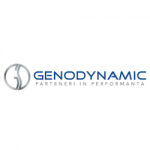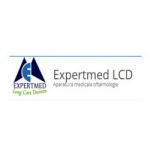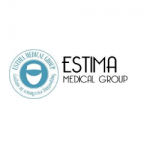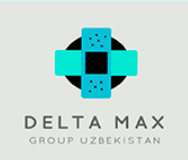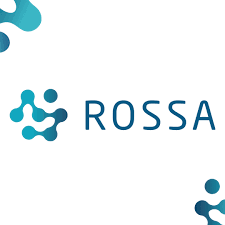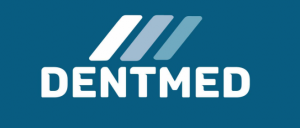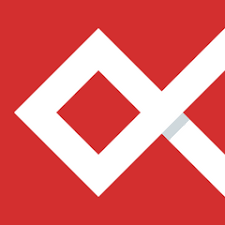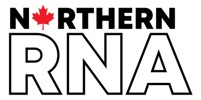Unsere Gesundheit ist unser höchstes Gut: Dies wird nicht zuletzt in Zeiten der Pandemie immer deutlicher. Daher ist es wichtig, diese zu fördern und zu schützen – und zwar auf der ganzen Welt!
Besonders der boomende Gesundheitsmarkt Nordafrikas bietet viele Chancen. Nicht ohne Grund wird das Potential der Region bereits von vielen Unternehmen in Ägypten, Algerien, Tunesien und Marokko genutzt.
Daher haben wir Ihnen hier die wichtigsten Gründe zusammengestellt, warum auch Sie in die nordafrikanischen Märkte einsteigen sollten:
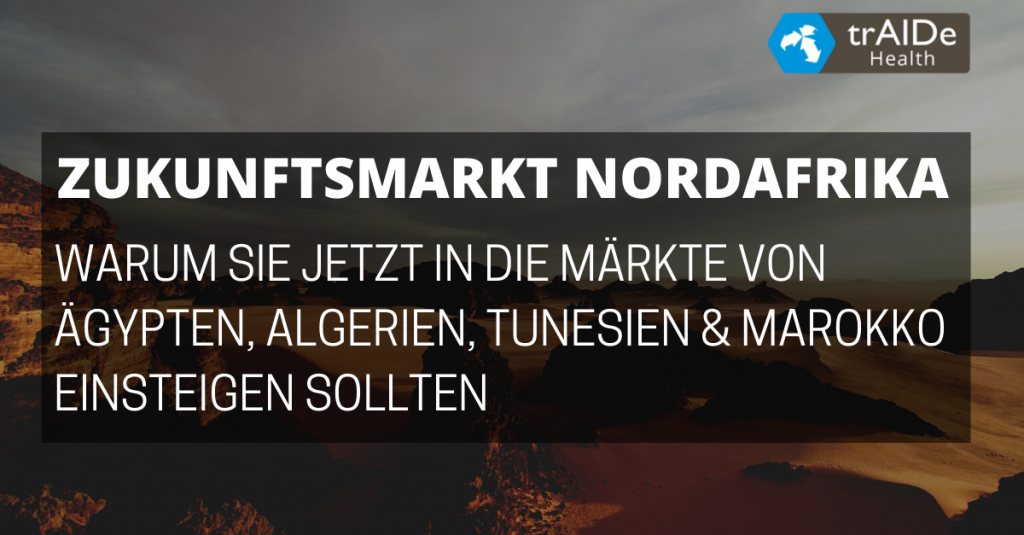
Warum sollten Sie Nordafrika als Zukunftsmarkt nutzen?
Die nordafrikanischen Gesundheitsmärkte sind von Fortschritt geprägt: Ihre rasanten Weiterentwicklungen bieten viel Potenzial, in die lokalen Märkte einzusteigen. Dabei bleiben die Prognosen des Wirtschaftswachstums und der Erholung nach Covid-19 positiv, sodass ein Stopp des Fortschritts nicht zu befürchten ist. Ein guter Zeitpunkt, um jetzt hier einzusteigen!
Warum ist Ägypten ein Zukunftsmarkt?
Kontinuierliches Wachstum, eine Vielzahl spannender Projekte und die Finanzierung von außen sowie innen machen den ägyptischen Gesundheitsmarkt zu einem der Märkte, in den Sie jetzt einsteigen sollten! Der „Emerging Market Darling“ Ägypten ist bereits seit 2017 ein Top-Empfänger ausländischer Direktinvestitionen, welche zusammen mit den staatlichen Investitionen anhaltendes Wachstum sichern. So hat die Regierung beispielsweise 237 Millionen Euro in die Errichtung von 30 neuen Krankenhäusern investiert sowie weitere 44,6 Millionen Euro spezifisch in die Verbesserung des Krankenwagen- und Rettungsdienstleistungssystems. Aber auch verschiedene Organisationen treiben den ägyptischen Gesundheitsmarkt voran: Die Alfa Medical (AMG) plant in den nächsten fünf Jahren 263,5 Millionen Euro in den Markt zu investieren, um unter anderem die Kapazitäten in Krankenhäusern durch weitere Betten zu erhöhen, während in der Pharmaindustrie CDC, EBRD und DPI eine Pharma-Investment Plattform gestartet und so bereits 205,5 Millionen Euro in die Pharmaindustrie investiert haben. Dies soll bezwecken, dass Medikamente besser verfügbar und bezahlbarer werden. Als erster nutzt der ägyptische Medizinhersteller Adwia Pharmaceuticals in Zusammenarbeit mit dem indischen Partner Celon Laboratories diese Förderung, um seine Produkte, Produktionsstätten und Standards zu verbessern.
So ergeben sich insgesamt für Sie einige Möglichkeiten, erfolgreich in den Markt einzusteigen:
- Errichtung von Medical Cities: Ein Beispiel hierfür ist die Capital Med in Badr City. Diese ist mit 57,7 Hektar die größte internationale, medizinische Einrichtung im mittleren Osten, wodurch sie einen wichtigen Beitrag zur lokalen Gesundheitsversorgung leistet. Hierzu dienen zahlreiche medizinische Einrichtungen, welche sich Rehabilitation, Trauma, Transplantationen, Forschung, personalisierter Medizin und vielen weiteren Bereichen der Gesundheit widmen. Somit entsteht in verschiedenen Bereichen eine Nachfrage an Produkten und Dienstleistungen:
- Health-Tech
- Training von Gesundheitspersonal
- Pharmaindustrie
- Medizinische Einrichtungen
- Medizinische Ausstattung
- Etc.
- Nationales Programm für die lokale pharmazeutische Industrie
- Großes Potential für die Medizintechnik: Import und lokale Produktion
- Bemühungen eine allgemeine Krankenversicherung zu etablieren
Warum ist Algerien ein Zukunftsmarkt?
Mit einem kontinuierlichen jährlichen Wachstum von 11% bietet Algerien als Zukunftsmarkt immer wieder Chancen in der Gesundheitswirtschaft. Diese wird durch öffentliche Finanzierungen sowie den viertgrößten eigenen Staatsausgaben von 2,6 Milliarden Euro, allein in 2021, unterstützt: So konnte bereits ein kostenloses, öffentlich zugängliches Gesundheitssystem etabliert werden, welches alle Bürger umfasst, unabhängig von Alter oder finanzieller Situation. So kann jeder Bürger medizinische Maßnahmen in Anspruch nehmen. Daraus ergeben sich auch für die deutsche Gesundheitswirtschaft Möglichkeiten, denn:
- 95% der medizinischen Ausrüstung mit einem Gesamtvolumen von 700 Millionen Euro werden importiert
- Der algerische Markt für Medizinprodukte ist von der öffentlichen Beschaffung über Ausschreibungen abhängig
- Es gibt ca. zwei Ausschreibungen pro Woche für die Lieferung von medizinischen Geräten
- Der pharmazeutische Bedarf wächst:
- Im ersten Quartal 2020 sind die Arzneimittelimporte im Vergleich zum Vorjahr um 20,45% gestiegen.
- Der Umsatz für 2021 wird auf rund 4,5 Milliarden Euro prognostiziert.
- Es gibt ca. 100 Betriebe (hiervon etwa 50 ausländische Firmen wie Merck und Bayer), die fast 2000 pharmazeutische Produkte herstellen
- Im privaten Sektor ist der Neubau von 3-4 Kliniken pro Jahr geplant sowie 50 Projekte für die Produktion von medizinischen Geräten
- Hier ergibt sich unter anderem die Möglichkeit, Ausrüstung zu liefern und Joint-Venture-Partnerschaften einzugehen
- Digitalisierung: Der algerische Gesundheitsmarkt wird dank einer Digitalisierungsstrategie, welche die verschiedensten Projekte beinhaltet, immer digitaler:
- Projekt eines digitalen Krankenhauses
- Projekt zur Konsolidierung von Informationen zur elektronischen Krankenakte des Patienten
- E-Apothekenprojekt
- Die Bekämpfung von Krebs wird staatlich gefördert und gilt als ein Fokusgebiet, wodurch ein langfristiger Bedarf an Reagenzien, bildgebender Diagnostik und Prävention entsteht
Warum ist Tunesien ein Zukunftsmarkt?
Auch Tunesien bietet deutschen Unternehmen einen attraktiven Absatzmarkt: Dank des umfassenden Gesundheitssystems, welches zu den besten des afrikanischen Kontinents zählt, lassen sich hier viele Möglichkeiten für einen Markteinstieg finden. Dabei finden sich sowohl staatliche Gesundheitseinrichtungen (2200), als auch Privatkliniken (117) vor Ort. Nicht zuletzt aus diesen Gründen ist Tunesien die Destination für Inbound Medizintourismus – sowohl für Nordafrika als auch zunehmend für frankophone westafrikanische Länder. So entsteht hier ein großer Bedarf an deutschem Top-Equipment, welcher gedeckt werden muss. Der Privatsektor spielt daher eine wichtige Rolle.
Aber auch die gut entwickelte pharmazeutische Industrie sowie die Entwicklung von E-Health bieten vielversprechende Einstiegschancen. Es wird deutlich, dass die Gesundheitswirtschaft in Tunesien eine diversifizierte Industrie ist, welche viele Einstiegsmöglichkeiten bietet:
- 90% der Güter aus der medizinischen Infrastruktur werden importiert
- Die Impfstoffherstellung vor Ort schreitet voran: Expertise und Know-How sowie medizinische Voraussetzungen sind bereits vorhanden, nun werden noch Partner für Impfstoffhersteller sowie Zulieferer gesucht
- Zahlreiche Projekte zur Errichtung und Verbesserung von Krankenhäusern werden zurzeit durchgeführt oder sind geplant
- Ausbau des privaten Marktes für Gesundheitsleistungen: Die Zahl der Betten in privaten Krankenhäusern hat sich seit 2001 verdreifacht
- Die geographische Lage bietet exzellente Nearshoring-Möglichkeiten und macht Tunesien so zu einem idealen Standpunkt in Nordafrika, um Ihre Aktivitäten in Nordafrika zu forcieren
- Die Digitalisierung und der E-Health Bereich entwickeln sich aktuell rasant und bieten dank guter Voraussetzungen (hohe Nutzerzahlen; gute Infrastruktur) noch viel Potential
Warum ist Marokko ein Zukunftsmarkt?
Marokko gilt als Brücke zwischen Europa und Afrika sowie gleichzeitig als Gateway für Nord- und Westafrika – ein idealer Standort also, um in den nordafrikanischen Gesundheitsmarkt einzusteigen! Dies spiegelt sich im deutschen Außenhandel mit Marokko wider, welcher ein Importvolumen in Höhe von ca. 1,25 Milliarden Euro im Jahre 2020 verzeichnet. Dank des marokkanischen Gesundheitsplans bis 2025 ist zudem eine gute Planung möglich, was in Marokko möglich sein wird. Dieser setzt sich dabei aus drei Säulen zusammen:
- Die Organisation und Entwicklung des Versorgungsangebots, um den Zugang zu Gesundheitsleistungen zu verbessern
- Die Stärkung von nationalen Gesundheit- und Krankheitsbekämpfungsprogrammen
- Die Verbesserung der Regierungsführung und Optimierung der Zuweisung und Nutzung von Ressourcen. Ein erster Schritt hierzu ist die Einführung einer obligatorischen Krankenversicherung, welche ab 2021 für alle Bürger gelten soll.
Zudem ergeben sich weitere Chancen vor Ort:
- Das Gesundheitssystem wird aufgerüstet: Hierzu werden weitere medizinischen Geräte benötigt, gleichzeitig müssen Medikamentenvorräte aufgestockt und Bettenkapazitäten in bestehenden Krankenhäusern geschaffen werden, während zusätzlich neue Krankenhauskapazitäten errichtet werden müssen. Dies bietet deutschen Unternehmen die Möglichkeit, hier eigene Produkte einzubringen
- Der Zulassungsprozess medizinischer Geräte, beispielsweise Krankenhausausrüstung und Beatmungsgeräte, sowie die Einfuhr medizinischer und sanitärer Ausrüstung sind beschleunigt worden
- Die Digitalisierung im Land schreitet voran
- Hier muss E-Health noch weiter ausgebaut werden:
- lukrative Geschäftschancen für Medizintechnikunternehmen mit entsprechendem Know-How, Softwareentwicklern sowie Consultants aus dem Ausland: Marokko ist auf Wissen aus dem Ausland angewiesen!
- unzureichende Versorgung in ländlichen Regionen drängt zu rascher Lösung
- zurzeit beschränkt sich Fortschritt noch auf staatliche Ebene
- Hier muss E-Health noch weiter ausgebaut werden:
- Entwickelter Pharmasektor (Produzent von Arzneimitteln und Generika) mit Spielraum für deutsches Engagement
- Wenig Konkurrenz und Importabhängigkeit in einzelnen Nischensektoren
Haben Sie Interesse an den Märkten Tunesien und Ägypten?
Dann unterstützen wir Sie gerne bei Ihrem Markteinstieg! trAIDe ist vom Wirtschaftsnetzwerk Afrika vom Bundesministerium für Wirtschaft und Klimaschutz zum Afrika-Berater in der Gesundheitswirtschaft akkreditiert worden. Was bedeutet das? Wir beraten Sie und Sie erhalten 75% der Beratungskosten vom Ministerium erstattet. Erfahren Sie hier alles über die Beratungsgutscheine und die Länder und Dienstleistungen, die wir Ihnen anbieten:

